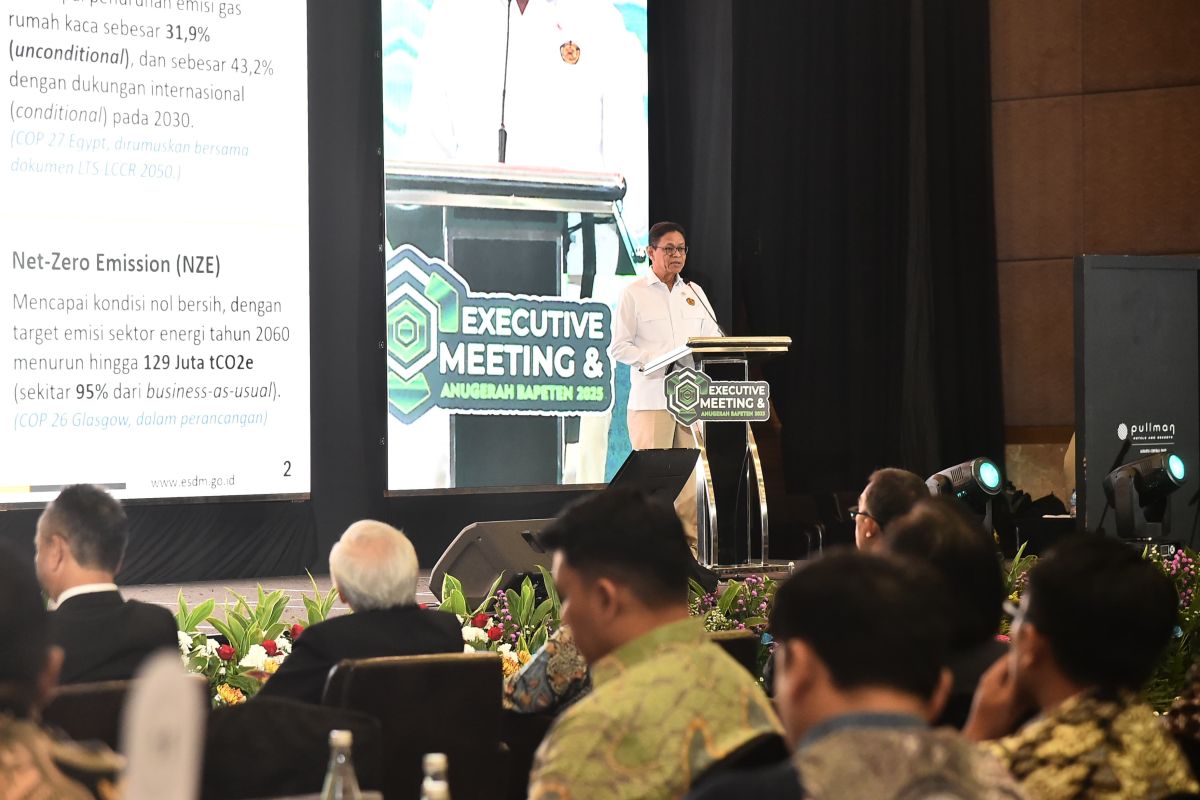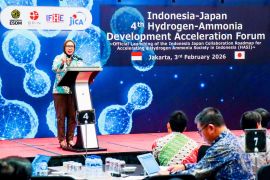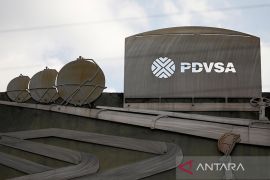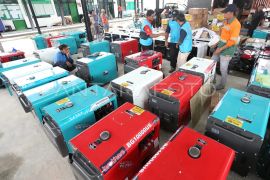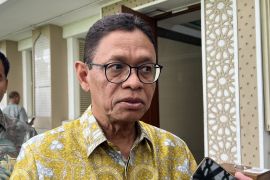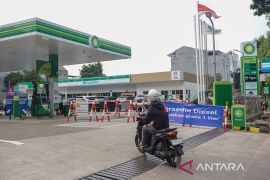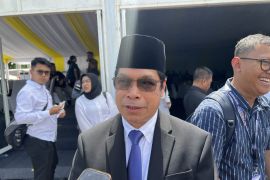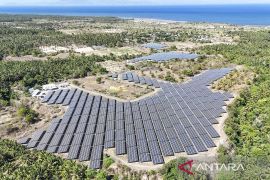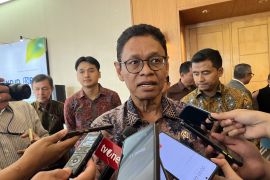Yuliot said Indonesia’s commitment to nuclear energy dates back to the early 1960s, when it built three research reactors: the 2-megawatt Triga Reactor in Bandung, the 100-kilowatt Kartini Reactor in Yogyakarta, and the 30-megawatt Serpong Reactor in South Tangerang.
He added that the country’s nuclear development is supported by a strong legal framework, including Law No. 10 of 1967 on Nuclear Energy and the 2025–2045 National Long-Term Development Plan (RPJPN), reinforced by Government Regulation No. 40 of 2025 on the National Energy Policy.
Under these policies, Indonesia aims to operate its first nuclear power plant by 2032 and expand capacity to 44 gigawatts (GW) by 2060 — 35 GW for electricity and 9 GW for hydrogen production. Nuclear energy’s share in the national energy mix is targeted at five percent by 2030, rising to 11 percent by 2060.
Yuliot said that while nuclear power offers strong potential, challenges remain, particularly in financing and construction timelines.
Building a single nuclear plant could cost around $3.8 billion, with a construction period of four to five years, he noted.
Public concern over disaster risks also remains a key consideration, he said.
To ensure safety, all projects will be supervised by the Nuclear Energy Regulatory Agency (Bapeten) in coordination with international partners to meet global safety standards.
Yuliot emphasized that with proper planning and oversight, nuclear power could play a vital role in ensuring Indonesia’s energy security, cutting carbon emissions, and supporting sustainable growth as electricity demand continues to rise.
Translator: Primayanti
Editor: Rahmad Nasution
Copyright © ANTARA 2025
